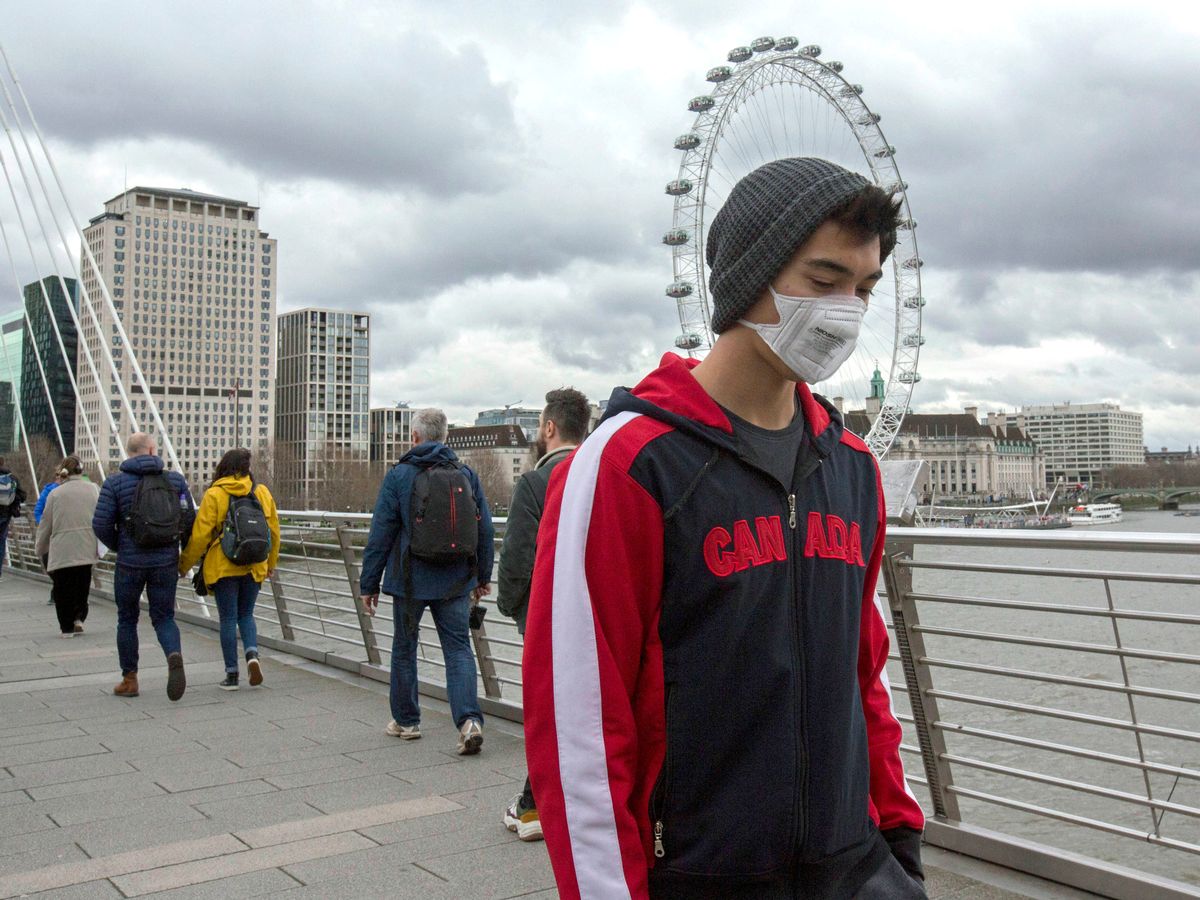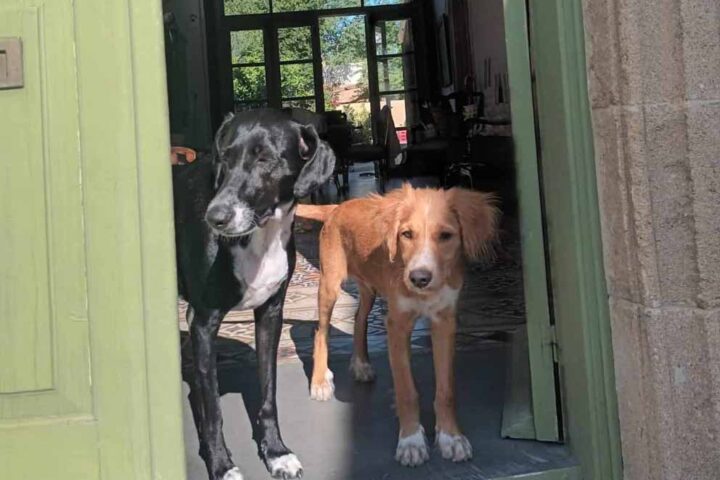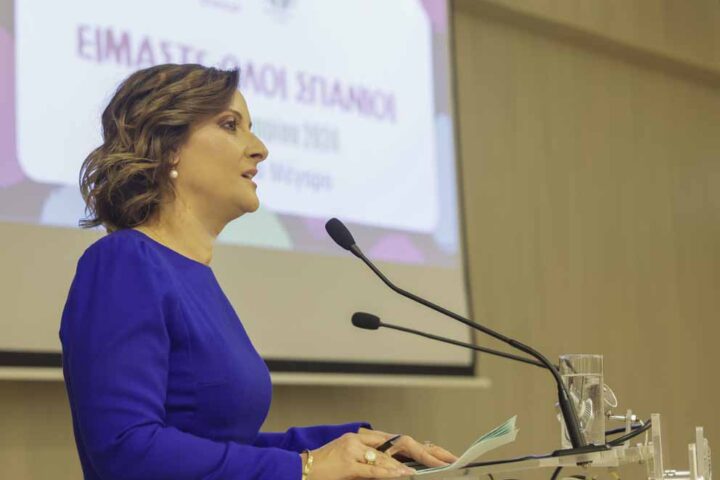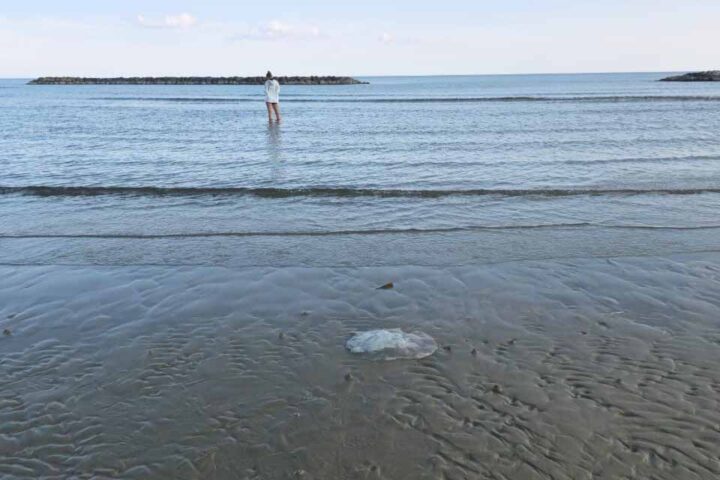The idea that COVID-19 herd immunity can be achieved naturally, by a large proportion of the population contracting the virus, has been debunked by a UK study showing that coronavirus immunity is short-lived.
According to a recent study carried out by researchers at the Imperial College London, the proportion of people in Britain with antibodies that protect against COVID-19 declined over the summer, adding to evidence that natural immunity can wane in a matter of months.
The number of people with antibodies fell by a quarter, from 6% of the population in June to 4.4% in September, according to a study which included some 365,000 UK residents.
They were randomly selected and did not overlap.
The results are the latest sign that immunity to COVID-19 may be short-lived, casting further doubt on the idea that a country or a population could develop herd immunity naturally where a vaccine is not available.
The evidence follows several studies published earlier this year from China, the UK and the US, which found that people’s antibody levels declined sometimes as early as two months after infection.
The study suggests that the immune system’s response to the virus is similar to its reaction to influenza and other coronaviruses such as the common cold, which can be contracted seasonally.
The smallest drop was among young adults and the largest in the elderly. A bigger decline was also seen in those who reported asymptomatic infection versus those who had symptoms.
“This is a really big challenge to the idea that herd immunity can be achieved through natural immunity,” argued Helen Ward, professor of public health at Imperial College, and study co-author in comments to the Financial Times.
The research also raises questions about how long a vaccine would last.
However, Wendy Barclay, another co-author and head of the department of infectious disease at Imperial, was quoted saying: “A good vaccine may well be better than natural immunity.”
“What we do know is that seasonal coronaviruses that circulate every year can reinfect people after six to 12 months and we suspect that the way the body reacts to these coronaviruses is similar.”










